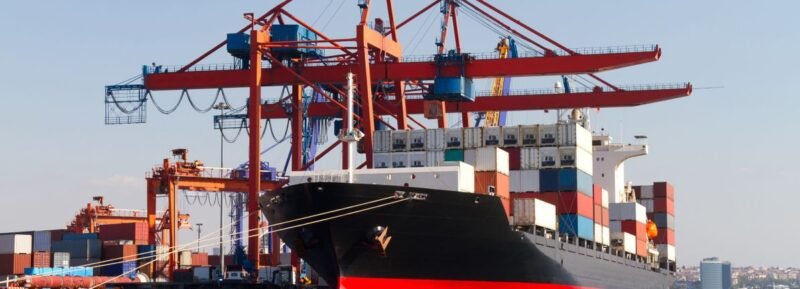The European Union has taken a significant step towards strengthening its border management by updating the Schengen Borders Code, according to BIMCO. The EU Council and Parliament have reached an agreement to enhance coordination within the EU and provide member states with better tools to address challenges at both external and internal borders, especially during future health emergencies. Dr. Bev Mackenzie, Head of Intergovernmental Engagement in London, United Kingdom, emphasized the importance of this update in equipping member states with the necessary resources to manage border issues effectively.
One of the key highlights of the agreement is the classification of seafarers as essential workers. BIMCO has welcomed this development, as they have been advocating for seafarers to be granted internationally recognized privileges to facilitate their movement between their home and ship. This decision ensures that seafarers are included in the list of exemptions from entry restrictions to the EU during large-scale health emergencies, demonstrating the EU’s commitment to supporting essential workers in the maritime industry.
The Schengen Borders Code, regulated by the European Parliament and Council, governs the movement of persons within the Schengen Area without internal border control. Recent challenges faced by the Schengen area have highlighted the need for a stronger and more robust framework to address issues at both external and internal borders. This update aims to strengthen mutual trust and solidarity among Member States while ensuring the smooth flow of people across internal borders, regardless of nationality, and enabling effective responses to challenges faced by the Schengen area.


















